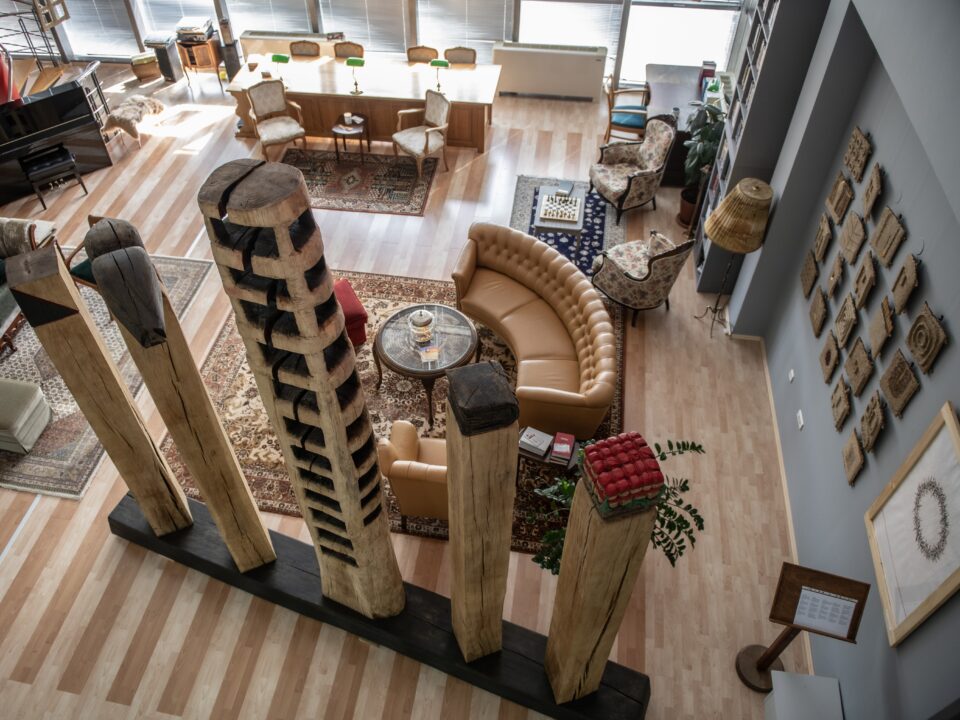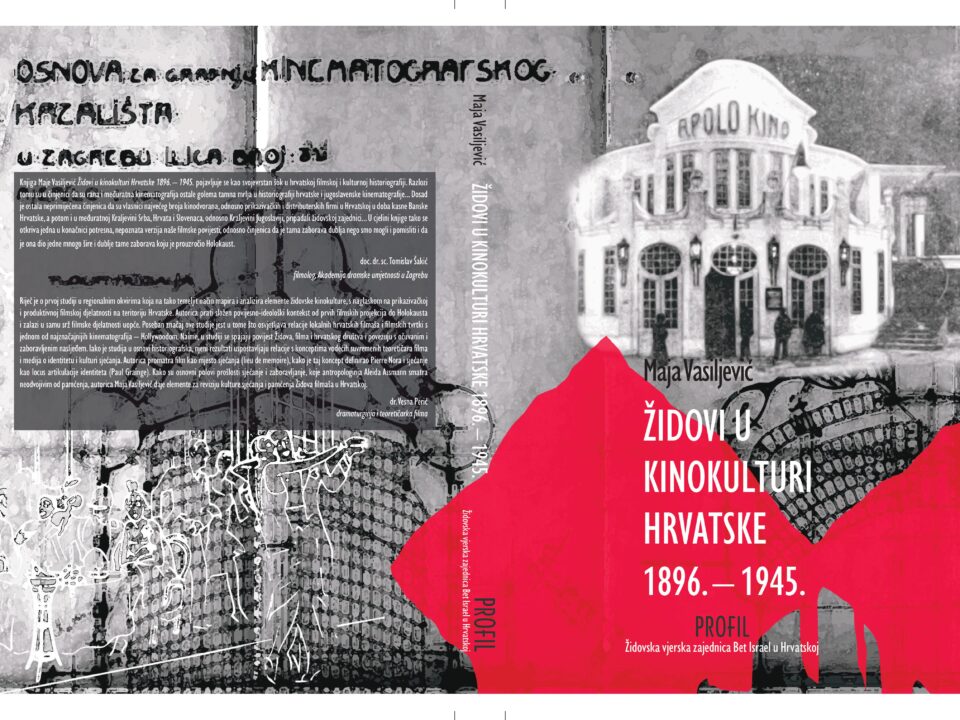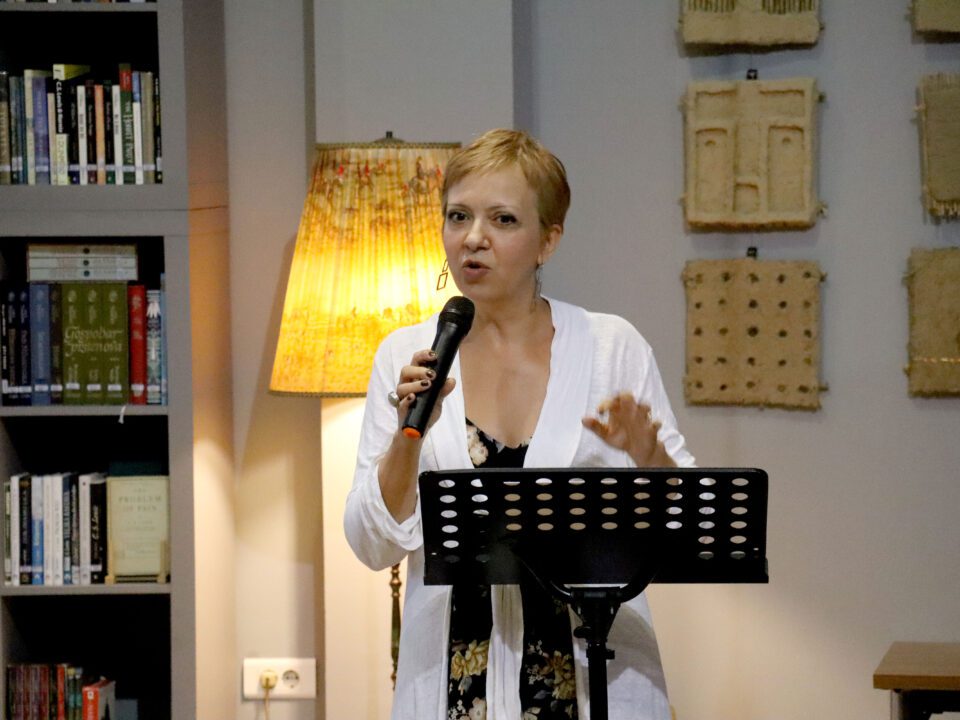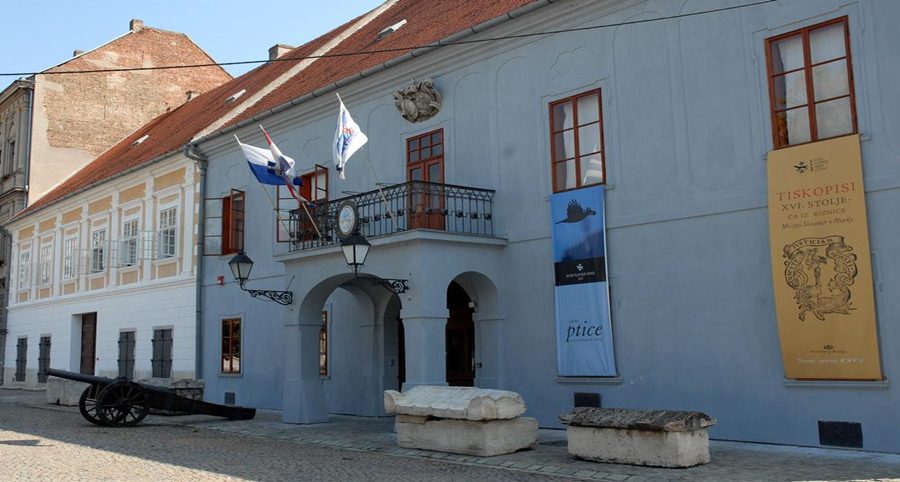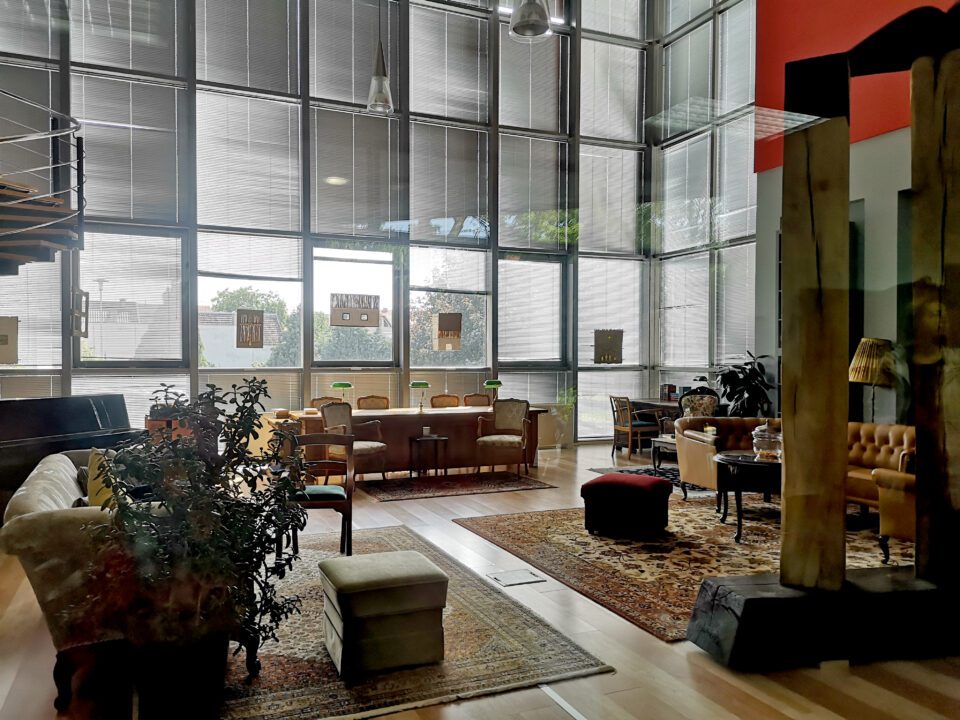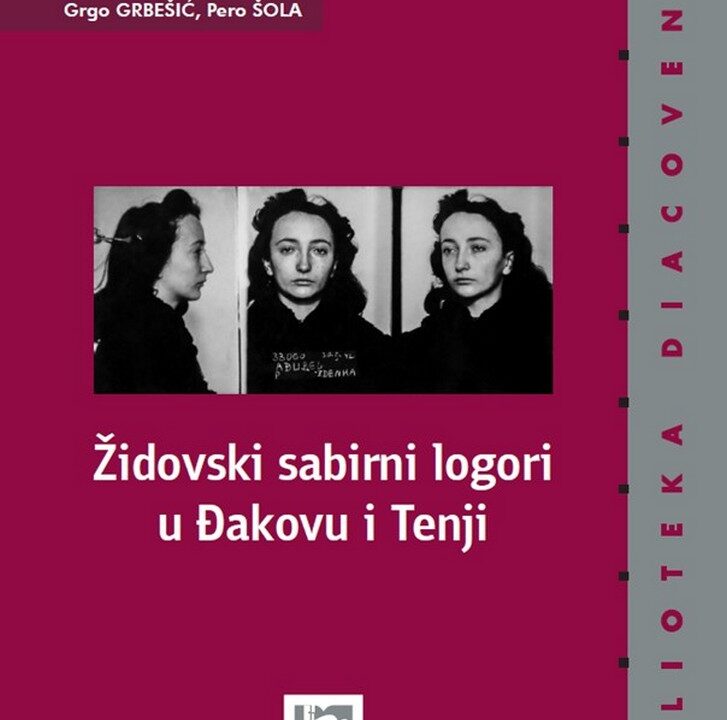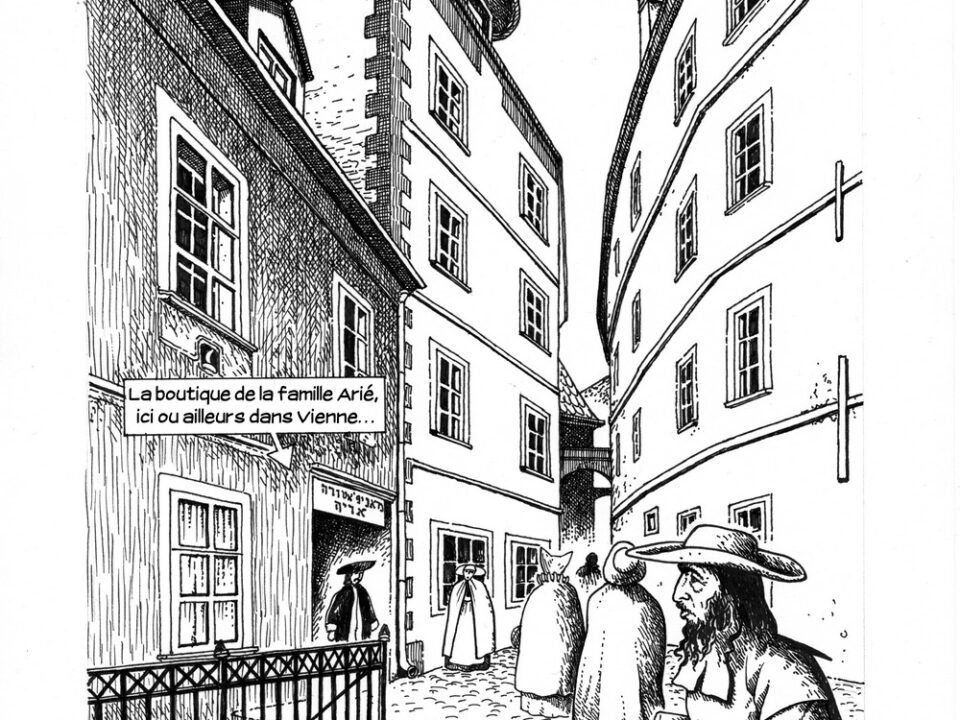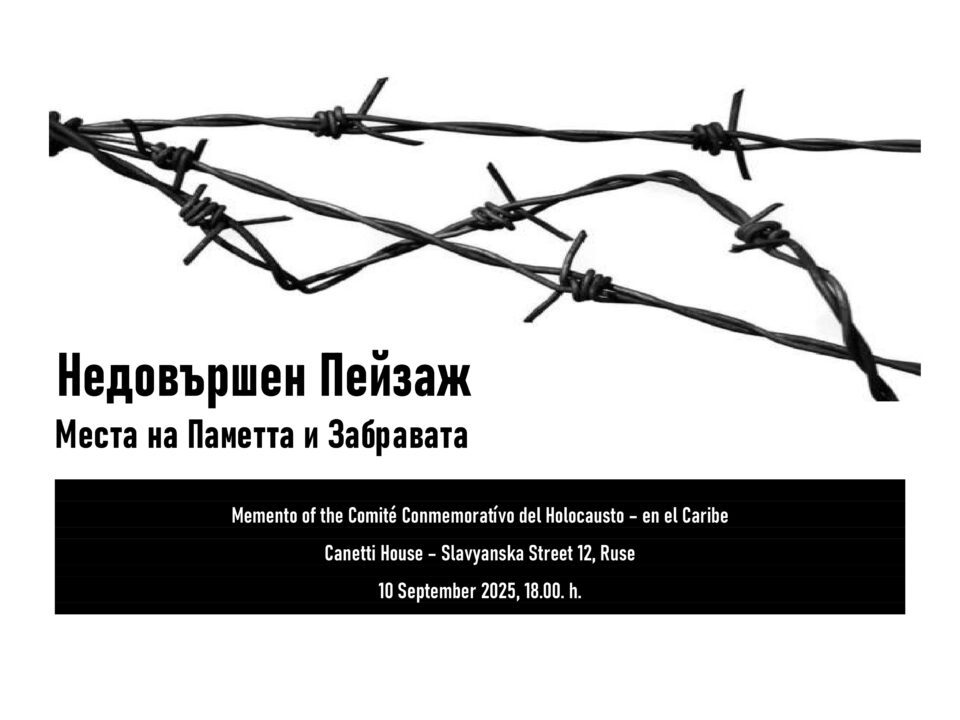Lecturer: Danijel Berković
Fra Silvije Grubišić is a distinctive and specific Croatian Bible translator. In his translation solutions, Grubišić, in relation to the original, is extremely authentic, vivid and direct. In this, Grubišić even surpasses some of the translation solutions of many other exceptional Croatian Bible translators.
Grubišić's translation of the Psalms, as well as several of his other vivid and distinctive translation solutions, speak for themselves. In contrast to euphemisms, when it is desired to depict and soften emotional states or emotional reactions, Grubišić is extremely direct, but also directly relevant to the original text. Namely, euphemisms were not and are not part of the Middle Eastern environment, which is clearly reflected in Grubišić's translations. In this, Grubišić is a ruthless translator.
Lecturer: Danijel Berković
Fra Silvije Grubišić is a distinctive and specific Croatian Bible translator. In his translation solutions, Grubišić, in relation to the original, is extremely authentic, vivid and direct. In this, Grubišić even surpasses some of the translation solutions of many other exceptional Croatian Bible translators.
Grubišić's translation of the Psalms, as well as several of his other vivid and distinctive translation solutions, speak for themselves. In contrast to euphemisms, when it is desired to depict and soften emotional states or emotional reactions, Grubišić is extremely direct, but also directly relevant to the original text. Namely, euphemisms were not and are not part of the Middle Eastern environment, which is clearly reflected in Grubišić's translations. In this, Grubišić is a ruthless translator.
The book “Jews in Croatian Film Culture 1896–1945” by Maja Vasiljević represents an extremely significant contribution not only to the history of cinematography in Croatia, but also to a broader understanding of the cultural, social and political role that Jews played in the formation of one of the most important arts of the 20th century. Thoroughly researched and clearly conceived, this study covers a complex period from the very beginnings of cinematography in Croatia at the end of the 19th century, to the twilight of an era – World War II and the Holocaust, which brutally interrupted the continuity of the presence and contribution of the Jewish community in the film life of the country. The study will be presented at the promotion by Marijana Bošnjak, director of Kinematografi Osijek, Dr.
Lecturer: Julijana Mladenovska-Tešija
When we think of books and home, we think of solitude, peace, or travel. During this meeting, we will talk about home, which represents security and rootedness, and about travel, which represents openness, but also displacement, and even exile. We will see how two philosophers: one Jewish, the other Christian, Emanuel Levinas and Miroslav Volf, resolve the tension of this position in the God who is near.
Lecturer: Marina Šutalo
The collections of the Museum of Slavonia contain several objects from the family legacy of Makso Büchler. Büchler was an Osijek merchant of Slovak origin, and also the owner of a shop in the city center. A table from his collection was selected for this exhibition, which can currently be viewed at the exhibition "Function, Aesthetics, Passion – Selection from the Furniture Collection of the Museum of Slavonia". As a museum object, it will be observed from three different perspectives. First, as an object of museum material with an emphasis on its aesthetic and heritage value: it is a representative collector's item modeled on the South German Renaissance type of table. Then, as an object in time and space, opening up the topic of Osijek's bourgeoisie from the turn of the 19th to the 20th century.
Lecturer: Laila Šprajc
One of the ancient, and perhaps the oldest living languages, is certainly Hebrew. In the periods when it was not the vernacular, it remained the language of prayer, Torah study, and philosophical and literary creativity. At the end of the 19th century, by integrating old and new elements, the modern Hebrew language was created.
What are the similarities and differences between biblical and modern Hebrew? How to find a way out of the labyrinth of translation? How to faithfully follow the source language without distorting the target language? Along with numerous other questions, Laila Šprajc, a translator from Hebrew, will try to give some (in)appropriate answers.
The Jewish concentration camp in Đakovo was established in December 1941 and closed in July 1942.
The book "Jewish Concentration Camps in Đakovo and Tenja" by Grgo Grbešić and Pero Šola, based on previous research and unpublished archival material, made its scientific contribution to shedding light on the suffering of the Jewish community during World War II in the Independent State of Croatia. The paper highlights new insights regarding the number of detainees, the main actors, and the fate of survivors in both camps.
AKI ESTAMOS organise une rencontre le dimanche 2 novembre à 15h au Centre Medem-Arbeter Ring autour du roman graphique Mazal Bueno ou l'histoire d'un chapeau d'Alain Korkos qui sera publié en octobre en supplément de la revue Kaminando i Avlando.
Retraçant les pérégrinations sur plus d’un siècle d’une branche de la famille Arié de Samokoff en Bulgarie en prenant comme conducteur le trajet d’un chapeau.
« C’est l’histoire d’un chapeau, un chapeau melon tout rond fabriqué à Prague et acheté à Sofia, porté ensuite à Smyrne puis emprunté pour un mariage à Sofia de nouveau ; il passa ensuite par Burgos, Paris, Sofia encore, Niš, Barcelone, Lisbonne, effectua un retour à Paris puis se retrouva à Montrouge avant d’atterrir – au moins temporairement – au fin fond de la Bretagne.
On ignore trop souvent que le judaïsme offre une vision mythique du monde. Dans cet essai, David Haziza offre un voyage à travers les textes, l’espace et le temps, où se côtoient prophètes et sages du Talmud, kabbalistes et maîtres du hassidisme, Kafka, Proust sans oublier les grands auteurs yiddish, d’Isaac Bashevis Singer à Haïm Grade »
Et à côté de ces grands, les Juifs ordinaires dont la vie, les rites et la mémoire n’ont jamais cessé d’être structurés par le mythe, ses beautés et ses dangers.
Macha Fogel, journaliste et directrice de la Maison de la culture yiddish, recevra David Haziza, écrivain, éditorialiste et chercheur (université de Columbia).
Tarif : 12 €. Adhérents : 7€.
The incorporation of Holocaust memory into the historical-cultural and commemorative canon, and the recurring demand for related exhibitions, continuously challenges museums and cultural centers to engage further. The project “Unfinished Landscape – Places of Remembrance and Forgetting” of the Comité Conmemoratívo del Holocausto – en el Caribe in the collaboration with Canetti House – Ruse presents the memory of the Holocaust through three works: one poem by Dan Pagis and two photographs. In doing so, it creates the illusion of a return to the past, transforming distant and alienated objects into something both personal and cathartic: it initiates the visitor, making them a quasi-witness, while also articulating a new exhibition concept as a practice of combating antisemitism.

